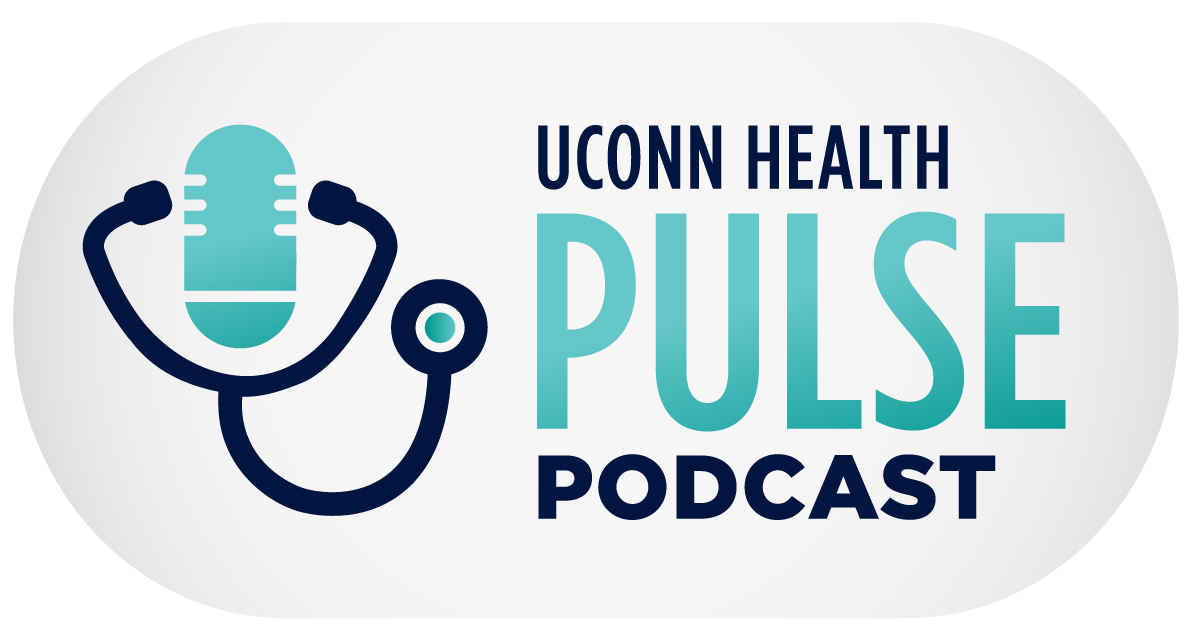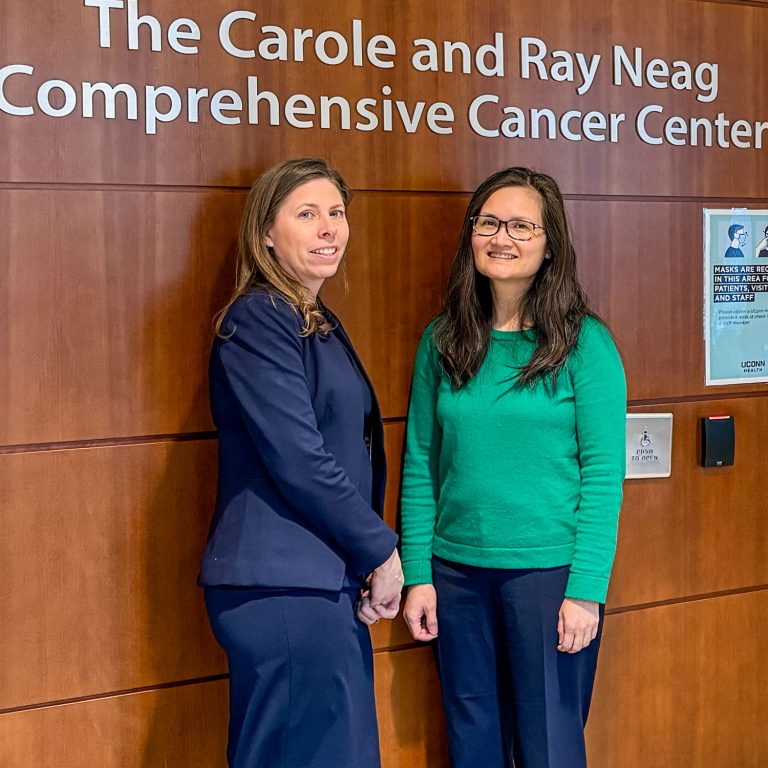UConn Health Podcasts

Thank you for your interest in the UConn Health Pulse Podcast. We hope to help you get to know UConn Health – and its people – a little better, and maybe even leave you with some useful health information too. Please subscribe to the UConn Health Pulse Podcast, so you always get the latest episode, and be sure to share with a friend!
Ticks can be active whenever the temperature is above 40 degrees, meaning the tick-borne illness is more than a seasonal worry limited to a portion of the summer. And Connecticut is seeing more types of ticks, and more than just Lyme disease. Dr. Kevin Dieckhaus, chief of UConn Health’s Division of Infectious Diseases, explains all…
Read More“There’s no such thing as a healthy tan.” While we may be coming around on that idea, are we getting distracted by potential reasons not to use sunscreen? Are there ingredients in sunscreens that are toxic to us, or to the ocean’s ecosystem? What about those spray sunscreens? Dr. Jenna Kelsey, UConn Health dermatologist, joins to…
Read MoreThey come in all kinds of colors, flavors, sizes, and prices — products claiming to deliver a burst of energy to wake you up, keep you going, or give you that needed jolt. Are they more than just high doses of caffeine and sugar? What are we actually drinking? Do we really need them? Are…
Read MoreAs the push to ban certain food dyes gains momentum, what should we know about them, and about other additives in our food supply? What are the potential consequences of ingredients that are not naturally occurring? How do we know what to believe and what conclusions to draw? Dr. Rebecca Andrews, UConn Health primary care…
Read MoreVaccines are considered by more than a few scientific experts to be among the most significant developments in modern medicine. Now, it’s hard to know what to believe about vaccinations. The resurgence of measles, effectively eradicated in the U.S. 25 years ago, is one indication that in some pockets of our country, is one indication…
Read MoreWhen severe depression becomes treatment-resistant depression, an unconventional medication is proving to be effective. It’s a specific form of ketamine that is administered by nasal spray in a supervised clinical setting, approved by the FDA for this purpose. Dr. Caleb Battersby, director of interventional psychiatry at UConn Health, explains how esketamine works and why this…
Read MoreTreatable but not curable, endometriosis affects one in 10 women and girls of reproductive age. But it’s not all that well understood and recognized, and can go undetected, leading to years of avoidable suffering and causing time away from school, work, and other activities. UConn Health is part of a collaboration with The Jackson Laboratory…
Read MoreMany of us have been told for most of our lives that fluoride is greatly beneficial to our health. So how did we get from fluoride in the public water supply being one of history’s great public health achievements to it standing trial in the court of public opinion? We invite Drs. Bina Katechia and Aadarsh Gopalakrishna from the…
Read MoreThe deadliest form of skin cancer is even deadlier when it spreads beyond the skin. When simply cutting out the cancerous skin is not enough, melanoma goes from a dermatology matter to an oncology matter. Dr. Margaret Callahan is a medical oncologist and Dr. Giao Phan is a surgical oncologist. Together they lead UConn Health’s…
Read MoreAn emerging approach to stroke recovery involves an outpatient neurosurgical procedure that implants a device capable of stimulating a nerve found to be central to the brain’s ability to learn. Dr. Christopher Conner in UConn Health’s Brain and Spine Institute is the first neurosurgeon in Connecticut to implant this device, which can make the brain…
Read More









